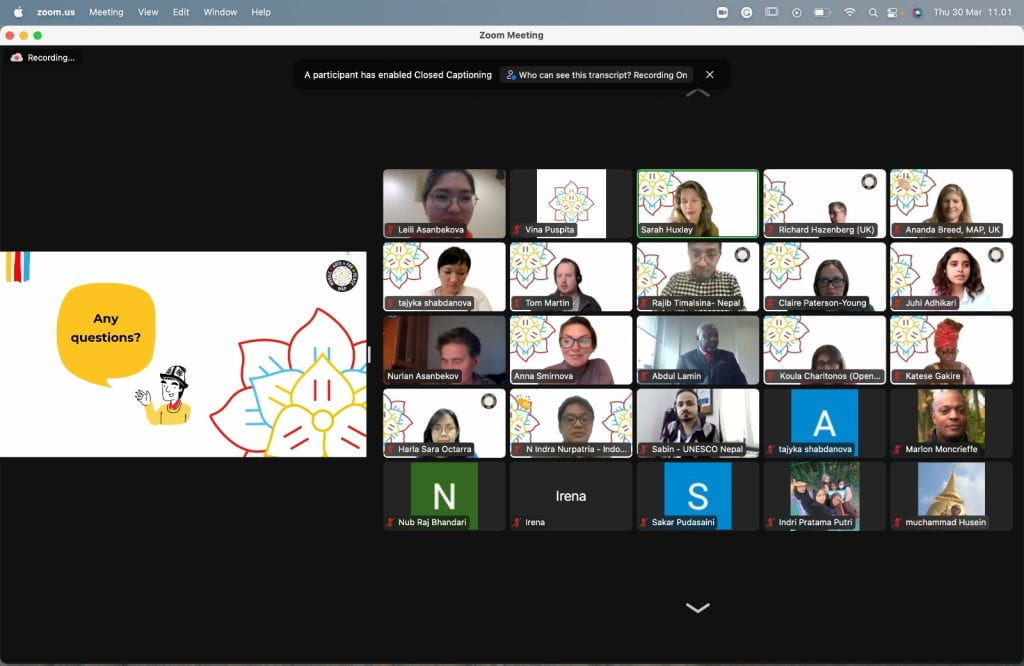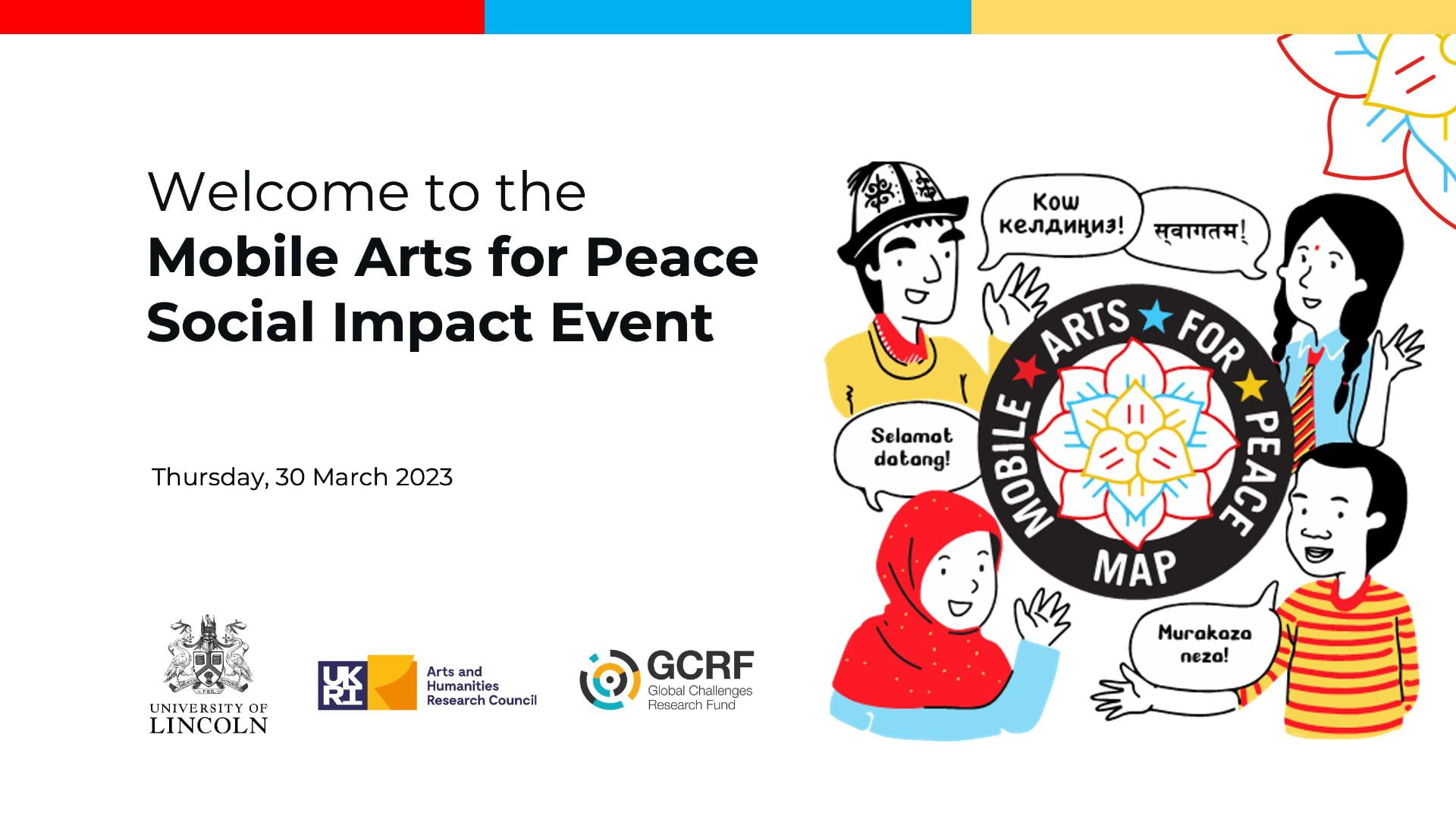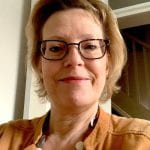Latest posts
- Curricula: Mithila art-focused local curriculum in Nepal 2 July 2025
- Register now: MAP International Online Conference 2025 1 June 2025
- Policy brief: Gira Ingoma book and policy brief: “The Culture We Want, for the Woman We Want” 28 November 2024
- Manuals and toolkits: GENPEACE Children’s Participation Module in the Development Process 13 November 2024
- Journal article: [Working Paper] Gira Ingoma – One Drum per Girl: The culture we want for the woman we want 30 October 2024
- Curricula: Beyond Tradition: Psychosocial Model 30 October 2024
- Curricula: Beyond Tradition Module: Revitalizing Lenong as a Model for Teaching Betawi Arts 30 October 2024
- Curricula: Beyond Tradition: Lenong Revitalisation as a Model for Teaching Betawi Cultural Arts 30 October 2024
- Beyond Tradition Lenong Performance “RAWR…! Kite Kagak Takut” 30 October 2024
- Journal article: [Working Paper] Facing Heaven – Déuda Folklore & Social Transformation in Nepal 30 October 2024
- Curricula: Building Community Curriculums 24 October 2024
- The Magic of Theatre Project Documentary 24 October 2024
The role of arts-based experience and cultural vitality for social transformation: reflections on MAP work
Author
My attendance at the online MAP Social Impact event on March 30, 2023, was a random encounter—a chance invite from a colleague who suggested I’d be interested in the project. I’m a lecturer at the UCL Knowledge Lab, UCL Institute of Education (IOE), London, and I lead an MA in Digital Media: Education. My research focuses on new literacies, creative media arts, social and collaborative learning, and film-making with children. Having read a number of these blog posts, I can see strong connections between MAP aims and practices and the work of colleagues within a research network called ReMap (formerly named DARE) based at the Knowledge Lab. ReMap, run by Professor John Potter, is a collaboration between cultural organisations, academics, educators, artists, and researchers to develop critical and creative practise in digital media arts, games, and play.
I came with basic knowledge of the MAP project and was soon swept up in its scope and ambition as international project leaders summarised their culturally rich and inspiring work geared towards peace and empathy. The MAP presentations were a refreshing reminder of the empowerment and agency that arts activities afford and the radical potential of cultural pursuits to invite wonder, curiosity, and social change. It’s been especially pleasurable to learn about MAP approaches that integrate and mobilise local knowledge and cultural specificity and that invest deeply in indigenous teacher education to ensure project legacy. It seems to me that these approaches are as much about encouraging participants’ critical engagement as they are about developing enduring and enjoyable creative practices.

‘The MAP network’ Credit: Vina Pusita
Thinking about the energy and vigour that the MAP community of researchers and participants generates in their collaborative research practice, I put in mind Freire’s classic emancipatory perspective on pedagogy (Freire 1993), and, notably, the idea of bringing into being new ways of seeing through praxis. MAP’s peace-building projects in communities spanning Indonesia, Rwanda, Nepal and Kyrgyzstan rehearse in concrete ways an inclusive and praxis-oriented approach to positive social transformation. According to Freire, praxis unites thought and action with egalitarian and civic purpose – it is as much about keeping a dialogue open with local stakeholders as it is about iterative acts of resistance (Cannon 2018). MAP methodology seems to embrace the following Freirean epistemology that:
Knowledge emerges only through invention and re-invention, through the restless, impatient, continuing, hopeful inquiry human beings pursue in the world, with the world, and with each other.
(Freire, 1993. p.53).
By developing complex and situated drama, music, dance, visual arts, and media-making experiences for young people, MAP’s cultural programmes keep public channels of communication open, and conduits for local action primed, providing the optimum conditions for transformative initiatives to flourish in context.
Further reading
- Cannon, M. (2018). Digital Media in Education: Teaching, Learning, and Literacy Practices with Young Learners. Palgrave Macmillan.
- Freire, P. (1993). Pedagogy of the Oppressed. London: Penguin
Contact the author
Dr Michelle Cannon [m.cannon@ucl.ac.uk]

